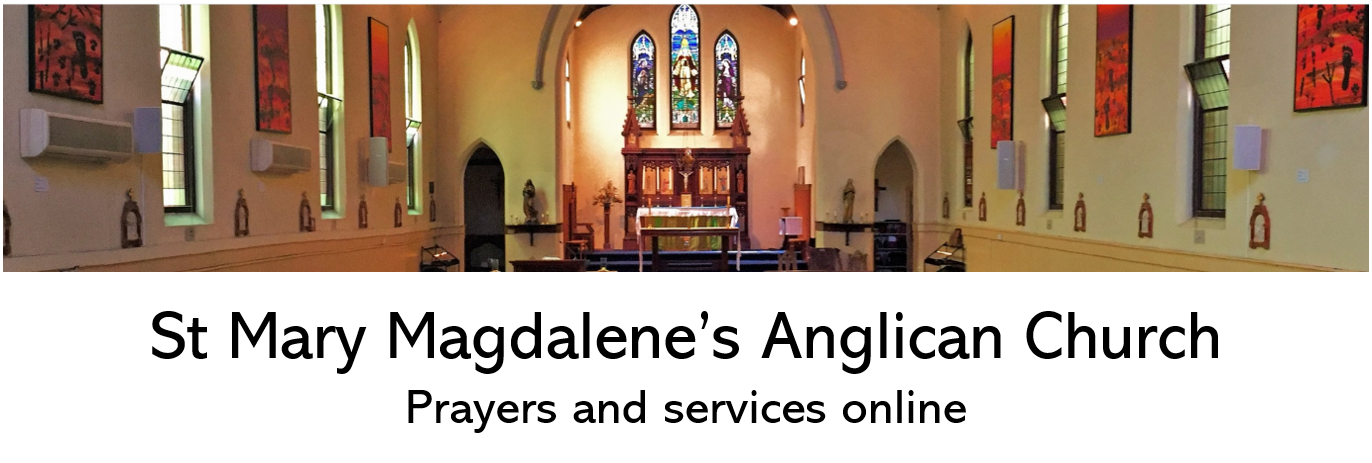If you’ve never run away from God, I wonder who your God is?
Paul Tillich

Those who believe they believe in God, but without passion in the heart, without anguish of the mind, without uncertainty, without doubt, or even, at times, without despair, believe only in the idea of God, and not in God himself.
Miguel Unanumo
“God, have you not created me? Behold, common ground oppresses me!” Hildegard of Bingen Scivias I. 4.4.)
Can you revisit your “struggles” with God?
Can you look at them now in a different light, engage with them without so much fear or anxiety, with more acceptance?
Can you stay with the realisation that at heart you resist God?
Instead of using this as a weapon to pout yourself down, can you live with who you are/ who God is more gently, more openly, more generously?

Kevin Hart, the Australian poet, ends one of his poems with the line: “I come to wound you and to heal the wound”. Being vulnerable is about the way we carry our wounds (vulnus is the Latin for wound).
When Jesus said that the “poor in spirit” are blessed, he was saying that the place of our vulnerability, our wounds, our incompleteness and utter dependence as human beings, our “not-knowing”, is in fact the place of grace, our treasure.
This is not easy for us: it calls out from us patience, living in the present moment, and discovering that “The meaning is in the waiting”.
The image used in this post illustrates the writings of Hildegard of Bingen in Scivias III.5 and is an ink and gold leaf illumination representing her vision of the zeal of God.
O magne Pater,
in magna necessitate sumus.
Nunc igitur obsecramus, obsecramus te
per Verbum tuum
per quod nos constituisti
plenos quibus indigemus.
Nunc placeat tibi, Pater,
quia te decet, ut aspicias in nos
per adiutorium tuum,
ut non deficiamus, et
ne nomen tuum in nobis obscuretur,
et per ipsum nomen tuum
dignare nos adiuvare.
O Father great,
in great necessity we are.
Thus we now beg, we beg of you
according to your Word,
through whom you once established us
full of all that we now lack.
Now may it please you, Father,
as it behooves you—look upon us
with your kindly aid,
lest we should fail again
and, lost, forget your name.
By that your name we pray—
please kindly help and bring us aid!
For printable PDF of the text of this meditatio please clock on the link below.




